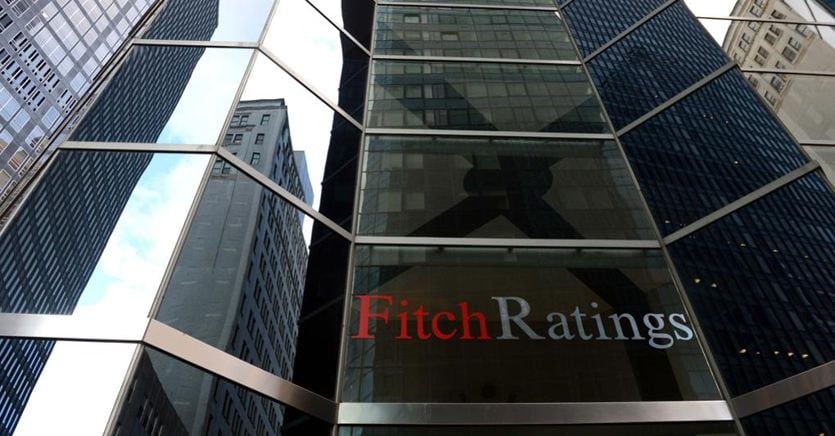The spring round of ratings on Italian debt is completed in the name of confirmation. The flat calm reaffirmed last night by Fitch, which maintained its judgment (BBB- with stable outllook), keeps government bonds safe from surprises under the protective hood of ECB purchases and hopes of recovery fueled by the Recovery Plan which will try to make the post-pandemic rebound structural.
The return of inflation, which had long been missing from the macroeconomic scene, sows some more uncertainty on the outlook for monetary policy: but for the possible consequences on ratings, we will talk about it again in late autumn, when S&P (which in April confirmed the BBB assessment stable) will reopen the dance.
Loading…
Fitch expects a 4.8% GDP growth for Italy in 2021, supported by a “strong recovery in the second half of the year”.
The choice communicated by Fitch not to change the rating on the Italian debt was largely expected. Not only because it follows what has been decided by the big four in recent months, but because in the scale of the French agency, the BTp already occupy the last step in the area of “safe” securities, after the out-of-the-bag downgrade that occurred surprisingly little more a year ago in the midst of the first wave of Covid: a downgrade would therefore have crushed them into the category of “non investment grade”, with a move that is definitely out of line with the climate that reigns on the markets.
Because it is true that this year our public debt will replicate the absolute record of the first post-war period at 159.8% of GDP, and that, as pointed out Wednesday by the technicians of the European Commission, the risks of sustainability in the medium term are “high”. But the same Brussels documents show that for the moment our public finances are not in immediate danger, and the intersection between a gradual normalization of monetary policy and the effective start of the expected push from PNRR investments should accompany us out of the tunnel. The problems, if anything, are in the field of European tax rules: but the complicated comparison is only just beginning.
